Disclosure: This article contains affiliate links. We may earn a commission from purchases at no extra cost to you, which helps our travel content.
When my school counseling conference in Dhaka appeared on my calendar, I'll admit my first thought was: this is about as far from a Canadian national park as one can get. As someone who typically writes about family adventures in wilderness settings or hunting down vintage vinyl in quirky record shops, navigating Bangladesh's corporate landscape presented an entirely different journey. But as a Māori New Zealander who values cultural connection above all else, I found myself unexpectedly captivated by this South Asian metropolis. Between board meetings and professional development sessions, I discovered a city of contrasts—where ancient traditions and rapid modernization create a business environment unlike anywhere I've experienced. This guide shares the insights I gained during my week in Dhaka, from navigating its unique business culture to finding moments of authentic connection in this pulsating urban center.
Understanding Dhaka's Business Culture
Coming from New Zealand and living in Canada, Dhaka's business environment required a significant mental shift. Relationships matter profoundly here—perhaps even more than in my Māori culture, where connection to people (whanaungatanga) forms the foundation of all interactions.
Meetings in Dhaka rarely begin with immediate business talk. Instead, expect extensive personal conversations about family, education, and mutual connections. This isn't mere small talk; it's essential relationship-building that establishes the trust necessary for productive partnerships. As someone who values storytelling and personal connection, I found this aspect refreshingly familiar.
Hierarchy plays a crucial role in Bangladeshi business culture. Senior executives command significant respect, and decision-making typically flows from the top down. When presenting ideas, I learned to direct my main points toward the most senior person in the room while still engaging everyone present.
Time operates differently here too. While punctuality is expected from visitors like myself, local colleagues might arrive 15-30 minutes late to meetings—a phenomenon locals call 'Bangladesh time.' Rather than showing frustration (as some of my Western colleagues did), I embraced this as an opportunity for additional preparation or brief moments of mindfulness amid busy days.
Business attire remains formal despite the heat. Men typically wear suits or dress shirts with trousers, while women opt for business suits or traditional salwar kameez. I packed my wrinkle-resistant dress shirts which proved invaluable given the humidity and limited ironing options at my hotel.
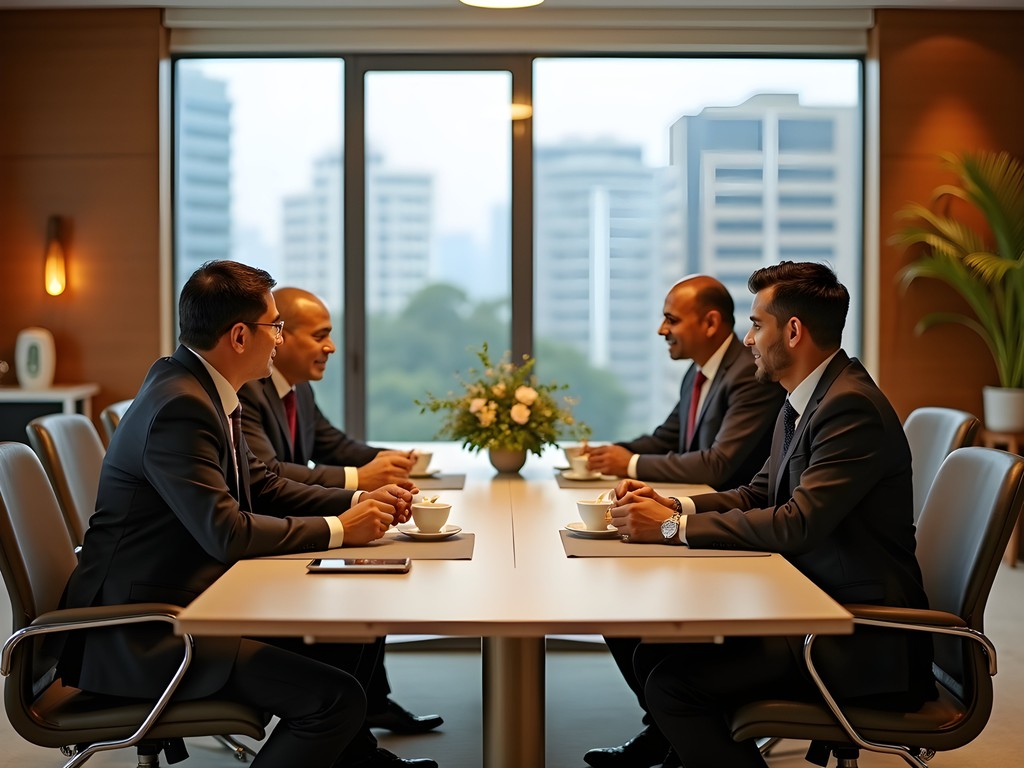
💡 Pro Tips
- Bring plenty of business cards—they're exchanged frequently and should be presented with both hands as a sign of respect
- Learn a few Bengali phrases (especially greetings) to demonstrate respect for the local culture
- Schedule buffer time between meetings to account for Dhaka's unpredictable traffic
Navigating Transport & Logistics
Dhaka's traffic deserves its legendary status. What appears as a 15-minute journey on Google Maps can easily stretch to an hour or more, especially during peak times. This presented a genuine challenge when coordinating multiple meetings across different parts of the city.
For business travelers, I strongly recommend arranging a dedicated car and driver through your hotel or a reputable company for the duration of your stay. While this might seem extravagant by Canadian or New Zealand standards, it's reasonably priced in Bangladesh and eliminates countless headaches. My driver, Kamal, not only navigated the labyrinthine streets with impressive skill but also served as an informal cultural guide, pointing out landmarks and explaining local customs between appointments.
Ride-sharing apps like Uber and local alternative Pathao function in Dhaka, but the language barrier and difficulty in communicating exact pickup locations can create unnecessary stress when you're rushing to meetings. If you do use these services, allow substantial buffer time.
For keeping connected during those long commutes, a reliable mobile data connection is essential. I purchased a local SIM card at the airport (Grameenphone offered the best coverage) and used my portable WiFi hotspot as backup for important video calls and accessing cloud documents when hotel WiFi proved unreliable.
One unexpected transportation highlight: Dhaka's water taxis. When meeting clients near the Buriganga River, I discovered these boats offer a traffic-free alternative and provide a fascinating perspective of the city. Just be sure to negotiate fares before boarding and don't expect the same safety standards you'd find in Western countries.
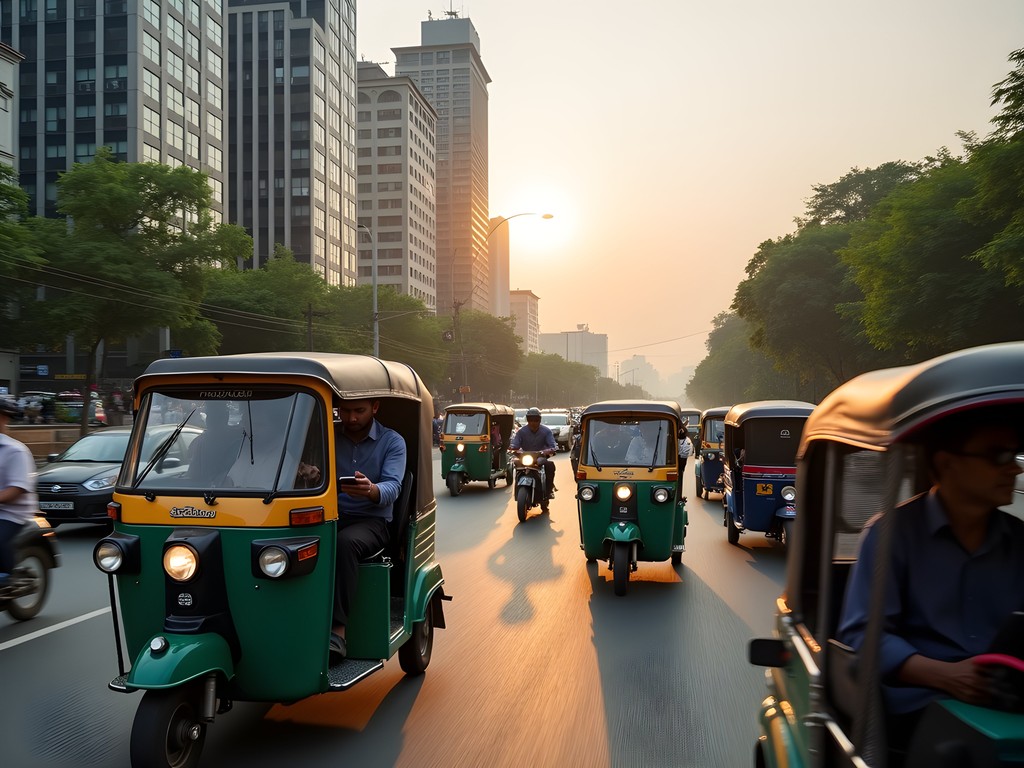
💡 Pro Tips
- Schedule no more than 2-3 meetings per day to account for traffic delays
- Save your hotel's address and business destinations in Bengali script to show drivers
- Consider water taxis when traveling between locations near the Buriganga River
Productive Workspaces & Digital Connectivity
Finding reliable spaces to work between meetings proved more challenging than I anticipated. While major international hotel chains offer business centers, they're often crowded and lack privacy for confidential calls.
I discovered several coworking spaces that saved my productivity during downtime. Moar Studios in Banani and HubDhaka in Gulshan both offer day passes with reliable WiFi, decent coffee, and the chance to network with local entrepreneurs. These spaces provided fascinating glimpses into Bangladesh's growing startup ecosystem—a welcome contrast to the more traditional corporate environments of my scheduled meetings.
Internet connectivity varies dramatically across the city. Even in upscale hotels, WiFi speeds fluctuated unpredictably. My travel router became my most valued tech companion, allowing me to create a secure connection using either my local SIM or hotel ethernet when available.
Power outages remain common in Dhaka despite improvements in infrastructure. During my week-long stay, we experienced three significant outages during business hours. Most major office buildings and hotels have backup generators that kick in quickly, but smaller venues might leave you in the dark. I never went anywhere without my fully charged laptop and portable power bank.
One unexpected workspace discovery came from Dhaka's luxury malls. Places like Jamuna Future Park and Bashundhara City Shopping Complex house quiet cafés with reliable WiFi and comfortable seating—perfect for catching up on emails or preparing for meetings while enjoying a moment of climate-controlled calm amid the city's intensity.
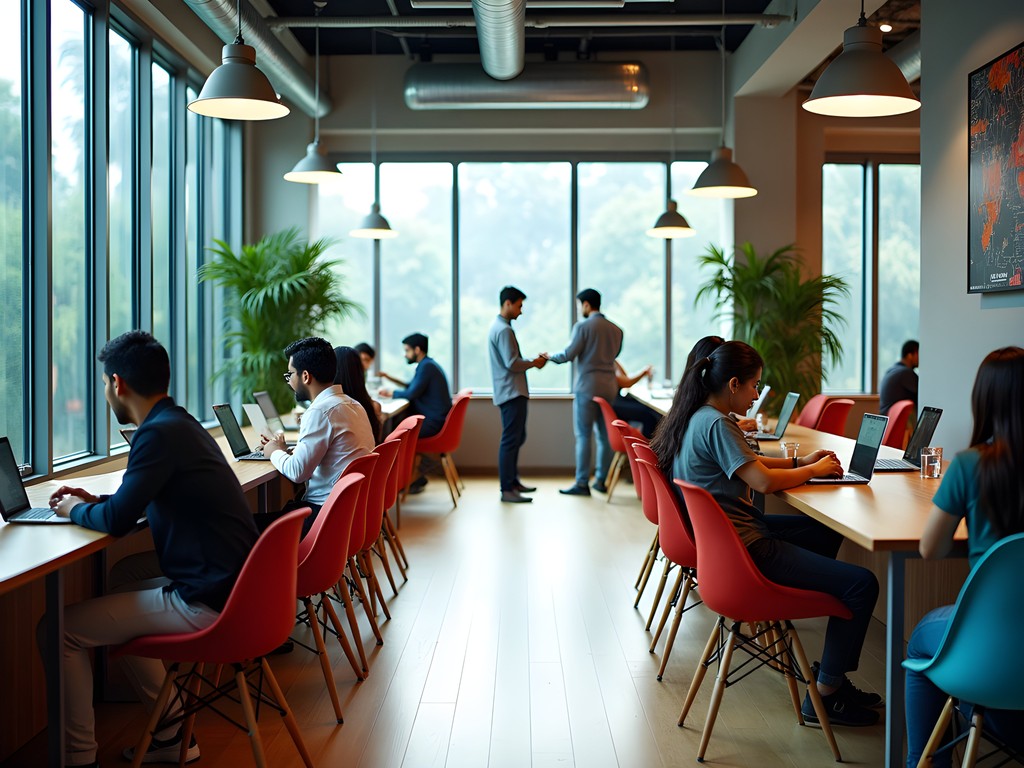
💡 Pro Tips
- Research coworking spaces with day passes near your accommodation before arriving
- Download essential documents for offline access to prevent disruption during connectivity issues
- Consider luxury mall cafés as alternative workspaces between meetings
Building Meaningful Business Relationships
As a Māori New Zealander, I value the concept of whanaungatanga—the process of establishing relationships through shared experiences and working together. This cultural value served me well in Bangladesh, where business is fundamentally relational rather than transactional.
Invitations to meals are central to relationship-building in Dhaka. When a Bangladeshi colleague invites you to dinner, it represents a significant step toward establishing trust. These meals often happen in upscale restaurants or sometimes in family homes, where you'll experience incredible hospitality and authentic cuisine that far surpasses what you'll find in tourist establishments.
During these meals, I found that sharing stories about my Māori heritage and my life in Canada created genuine connections. Bangladeshis deeply appreciate cultural exchange and respond warmly to visitors who show interest in their traditions while sharing their own. My hosts were particularly fascinated by indigenous perspectives on environmental stewardship—a growing concern in rapidly developing Dhaka.
Gift-giving plays an important role in business relationships here. Quality items representing your home country make excellent gifts for key business contacts. I brought small pounamu (New Zealand jade) carvings and maple syrup from Canada, both of which were received with genuine appreciation. In return, I received beautiful handcrafted items that now serve as meaningful reminders of the connections I made.
While English is widely spoken in business circles, learning a few Bengali phrases demonstrates respect. I used a language translation device for more complex conversations outside formal business settings, which often became an interesting conversation starter itself.
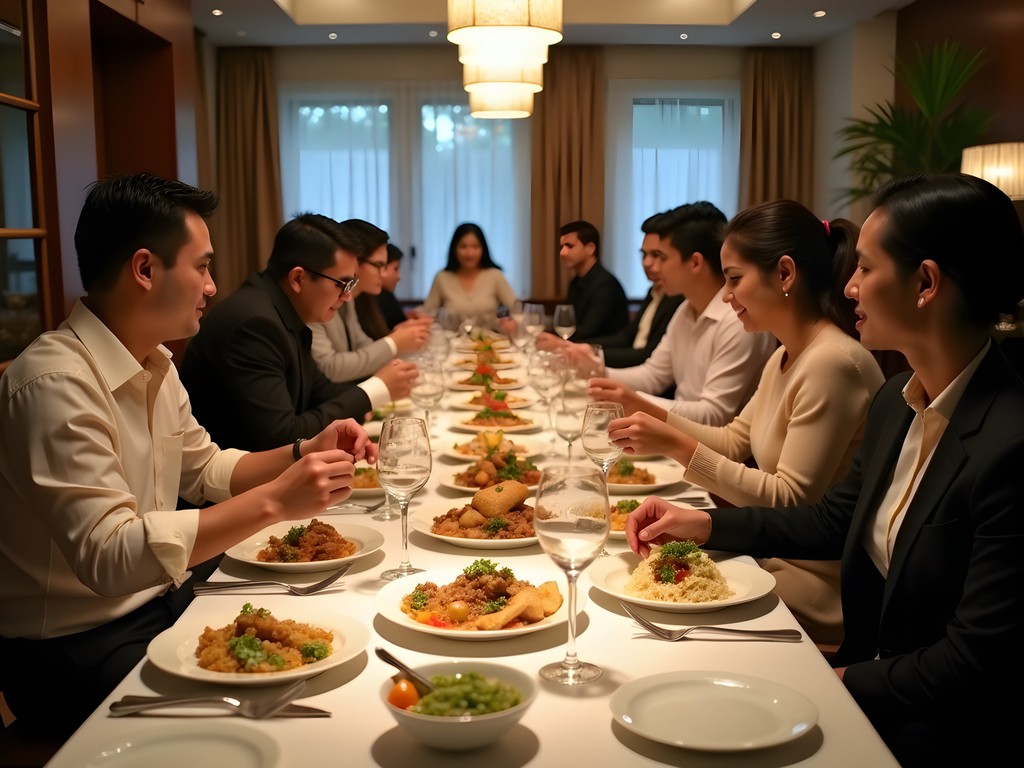
💡 Pro Tips
- Accept meal invitations whenever possible—they're crucial for relationship development
- Bring culturally significant gifts from your home country for key business contacts
- Learn about Bangladesh's history and current affairs to engage in meaningful conversations
Finding Balance: Cultural Experiences Between Meetings
All work and no exploration makes for a missed opportunity in a city as culturally rich as Dhaka. As someone who typically seeks wilderness and vinyl records in my travels, I had to adjust my approach—but discovered equally rewarding experiences between business commitments.
Dhaka's Old Town (Puran Dhaka) offers a sensory immersion that counterbalances the corporate environments of the business districts. I carved out two hours one afternoon to explore Shakhari Bazar, where traditional craftspeople continue centuries-old practices. The narrow streets and historic architecture provided a necessary reminder of the deep cultural context underlying modern Bangladeshi business.
Lalbagh Fort, built in the 17th century, offered a peaceful retreat for reflection after particularly intense negotiation sessions. The gardens within its walls provide rare quiet space in this densely populated city, perfect for processing meetings or preparing for upcoming presentations.
Music connects cultures, and as a record collector, I couldn't resist exploring Dhaka's music scene. I discovered Geezer Records in Banani, a small shop with an impressive collection of South Asian classical recordings and contemporary Bengali artists. The owner's recommendations introduced me to Bangladeshi folk-fusion that now features prominently in my collection back home.
For longer stays, consider a weekend excursion to Sonargaon, the ancient capital just outside Dhaka. This day trip provides perspective on Bangladesh's rich history and architectural heritage. I used my compact travel camera to capture the stunning folk-art museum and abandoned merchant houses that tell stories of the region's past prosperity.
These cultural interludes weren't mere tourist activities—they provided valuable context for understanding my Bangladeshi colleagues and enriched subsequent business discussions with cultural reference points that demonstrated my genuine interest in their country.
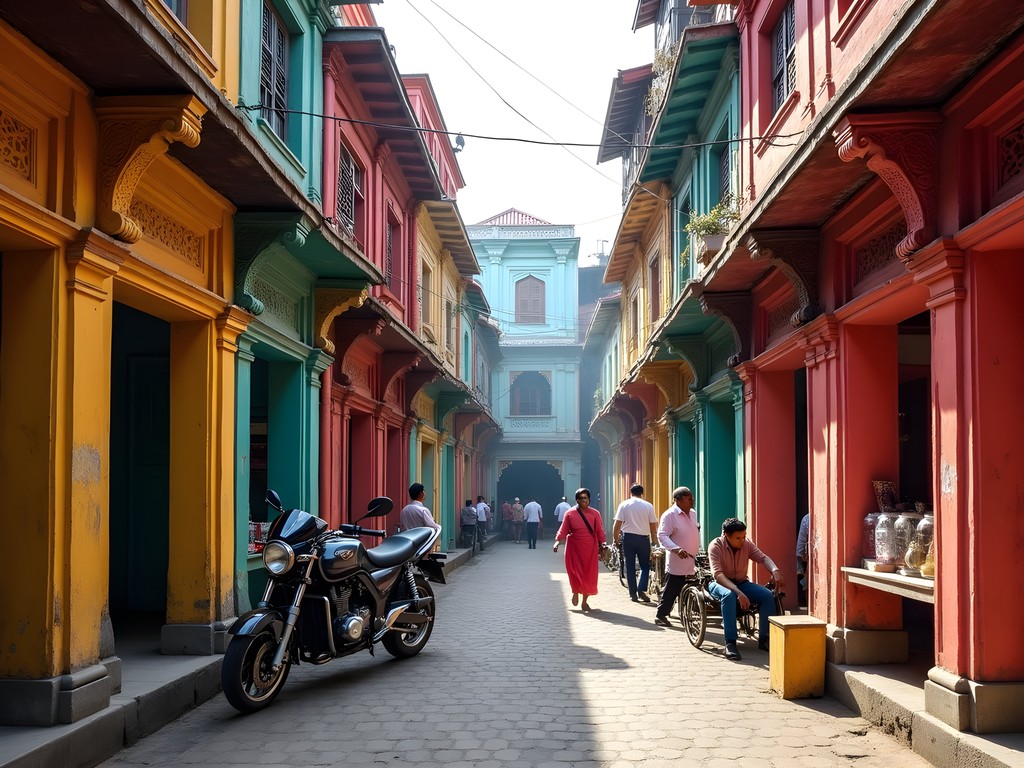
💡 Pro Tips
- Block at least one 2-hour window in your schedule for exploring Old Dhaka
- Visit Lalbagh Fort early morning (opens 8am) before business hours for reflection time
- Ask local colleagues for recommendations on current cultural events coinciding with your visit
Final Thoughts
Dhaka challenged my expectations in the most rewarding ways. Behind the chaotic traffic and corporate high-rises, I discovered a business culture built on genuine human connection—something that resonates deeply with my Māori values of whanaungatanga. For business travelers willing to embrace the complexity and contradictions of Bangladesh's capital, the rewards extend far beyond successful transactions. The relationships formed here, built on shared meals and cultural exchange, create lasting foundations for meaningful collaboration. As I returned to my counseling work in Calgary and my familiar weekend explorations of Canadian wilderness, I carried with me not just business cards and contracts, but a profound appreciation for how Dhaka's business community balances rapid modernization with deep cultural roots. Perhaps that's the most valuable souvenir any business traveler can hope for—perspectives that transform not just how we work, but how we connect across our increasingly interconnected world.
✨ Key Takeaways
- Relationship-building precedes transactions in Dhaka's business culture—invest time accordingly
- Plan for significant traffic delays by scheduling no more than 2-3 meetings daily
- Secure reliable connectivity options through local SIMs and portable WiFi solutions
- Balance business obligations with cultural exploration for more meaningful connections
- Approach differences with curiosity rather than judgment for more successful outcomes
📋 Practical Information
Best Time to Visit
October-March (avoiding monsoon season)
Budget Estimate
$100-150 USD daily for mid-range business travel
Recommended Duration
5-7 business days minimum
Difficulty Level
Moderate

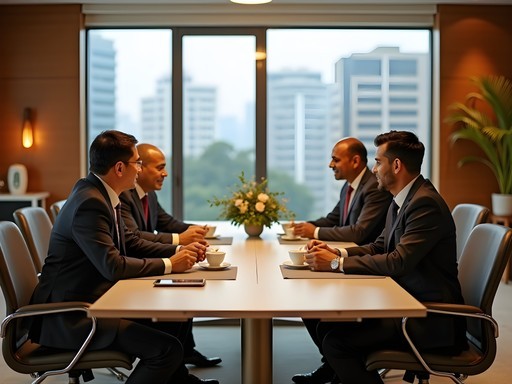
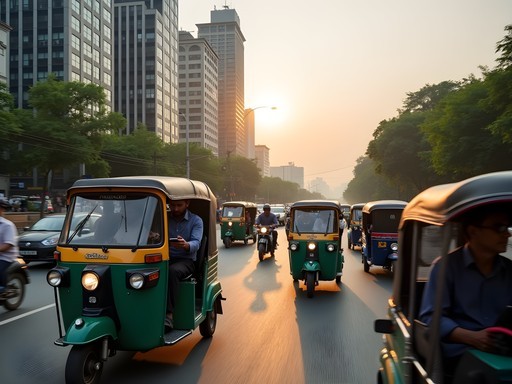
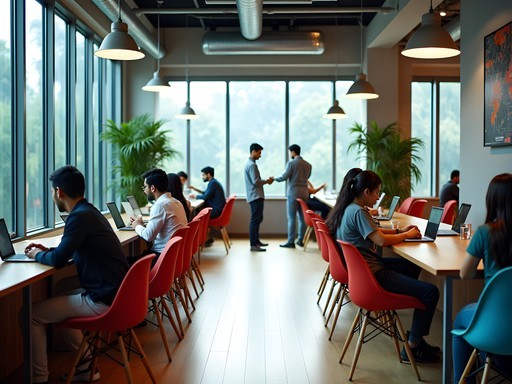
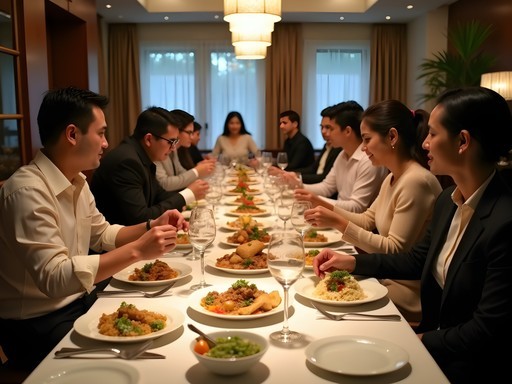
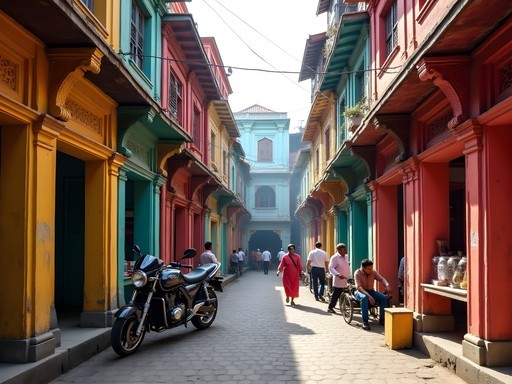


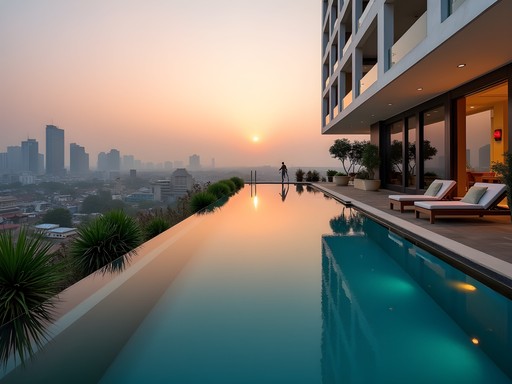
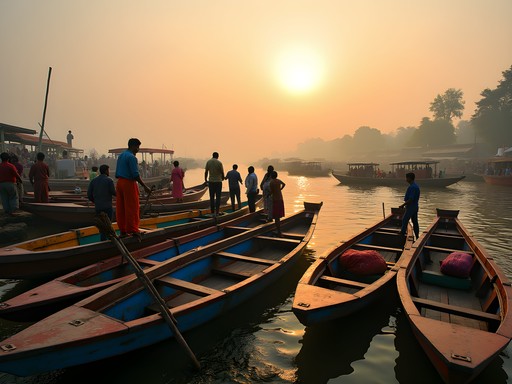
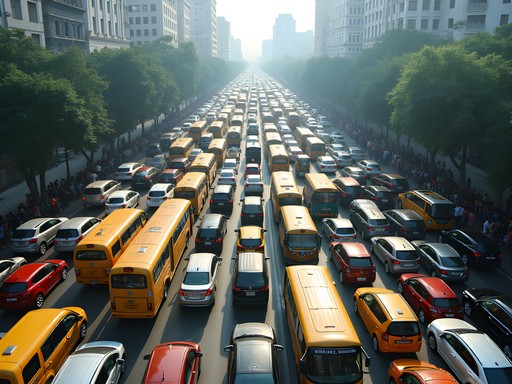
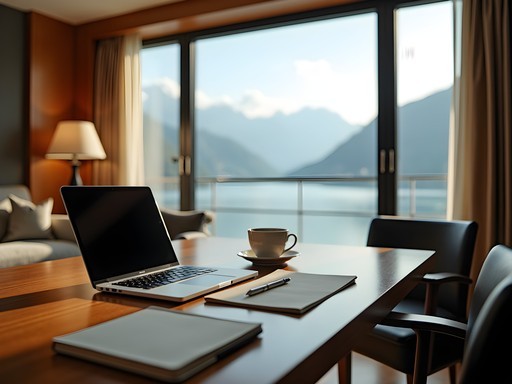
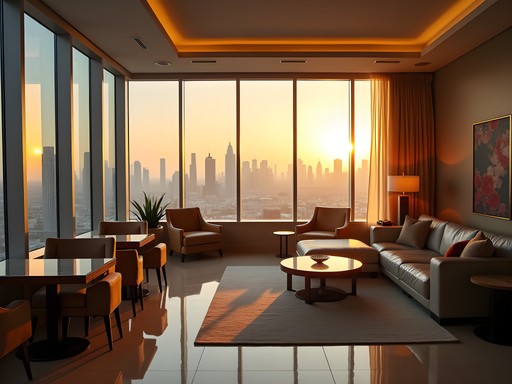
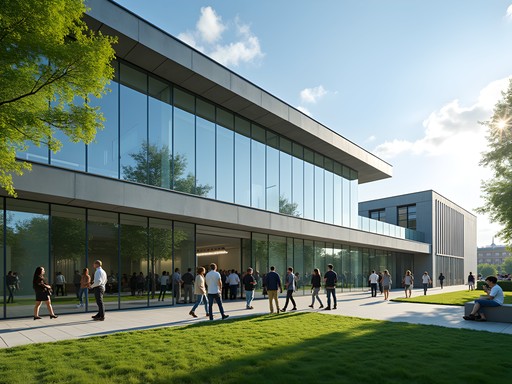


Comments
Jose McDonald
This is awesome! Adding Dhaka to my list now 🙌
exploregal
Really appreciate this perspective! I was in Dhaka for a tech conference last year and totally agree about the business culture. The traffic is NO JOKE though - my first day I tried to schedule back-to-back meetings across town and learned that lesson real quick 😅 Had to build in like 90 min between everything after that. Curious what areas you stayed in? I found Gulshan was pretty convenient for most corporate offices.
Jose McDonald
90 minutes!! That's wild. How did you handle getting around - did you use rideshare apps or hire a driver?
exploregal
Mostly Uber and Pathao. Way easier than trying to negotiate with rickshaws when you're in business attire lol. Though the rickshaws are def more fun!
globehopper
Love that shot of Old Dhaka! Such a contrast to the business district. Did you get to try the street food there?
Raymond Kelley
I did! The biryani was incredible. I was cautious with street food but found some great local restaurants through colleagues. The food scene deserves its own post!
businesstraveler42
Going there next week for my first visit. How's the internet reliability in hotels? Need to do some video calls while there.
Jennifer Rodriguez
In my experience, major business hotels (Westin, InterContinental, etc.) have reliable internet, but always have a backup plan. I'd recommend getting a local SIM with data package as soon as you arrive - they're cheap and the 4G is surprisingly good in business districts.
businesstraveler42
Thanks! Will definitely grab a local SIM then.
Casey Andersson
Raymond, this is such a thoughtful guide to business travel in Dhaka! I was there in March for a luxury travel conference, and your observations about building relationships first before diving into business are spot on. One thing I'd add is that the co-working spaces in Gulshan and Banani districts were surprisingly modern and well-equipped. For anyone heading there, I found that carrying a portable translator was incredibly helpful during meetings with local businesses where English fluency varied. And Raymond's tip about allowing extra time for meetings is golden - the Dhaka traffic can be wildly unpredictable! The coffee culture there is also evolving rapidly - North End Coffee Roasters became my daily workspace. Did you get a chance to try their local blend?
sunsetstar
North End Coffee was my go-to as well! Their wifi was surprisingly reliable compared to some other places I tried.
Jennifer Rodriguez
I spent three weeks in Dhaka last year consulting for an NGO, and this post captures the business environment perfectly! One tip I'd add: the co-working spaces in Banani and Gulshan areas have really improved. I found North End Coffee Roasters in Gulshan 2 to be perfect for informal meetings - great WiFi and the staff don't mind if you camp out for hours. For anyone going soon, I'd recommend carrying a portable air quality monitor if you have respiratory issues. The pollution can get intense during certain seasons. My portable purifier was a lifesaver in my hotel room. Also, Raymond's point about relationship-building before business is spot on. Budget extra time for those tea meetings - they're not just formalities!
Raymond Kelley
Thanks for the additional tips, Jennifer! North End Coffee was actually on my list but I ran out of time. And yes, the air quality issue is important to mention - especially during winter months.
sunnyrider
Is North End Coffee the one near the big mall? I think I went there when visiting friends last year. Great spot!
Jennifer Rodriguez
Yes, that's the one! They have a few locations but the Gulshan 2 branch is my favorite for meetings.
stardiver
Thanks for this guide! How safe did you feel as a foreign business traveler? Any tips for someone who's never been to South Asia before?
Casey Andersson
Not Raymond, but I was in Dhaka earlier this year. It's generally safe for business travelers if you take normal precautions. The locals are incredibly hospitable! I found having a local SIM card essential - the connectivity section in this guide is spot on. If you're staying at business hotels, the staff are usually great at arranging transportation and giving safety advice.
stardiver
Thanks Casey! That's reassuring. Did you have any language barrier issues?
sunnyrider
Those traffic photos give me anxiety just looking at them! 😱 Not sure I could handle that commute!
exploreninja
Haha same! But apparently the ride apps make it manageable. I'll report back after my trip!
exploreninja
This is EXACTLY what I needed! Heading to Dhaka for work next month and was feeling pretty anxious about it. The transport section was super helpful - I was wondering if those ride-sharing apps actually work well there? Also appreciate the tip about business cards. Didn't realize they're such a big deal in Bangladesh!
Raymond Kelley
Glad it helped! Yes, the ride-sharing apps work surprisingly well in Dhaka, especially Uber and Pathao. Just build in extra time for traffic. And definitely bring plenty of business cards - it's a small gesture that goes a long way!
exploreninja
Thanks for the quick response! Will definitely download Pathao before I go.
sunsetstar
Great insights! I was in Dhaka last year for work and this would have been so helpful. The traffic really is something else!
stardiver
Was it hard to get around? I might have a business trip there next quarter and I'm a bit nervous about the logistics.
sunsetstar
It's challenging but manageable! Definitely arrange airport pickup through your hotel. And the ride-sharing apps Raymond mentioned were lifesavers for me.
Venture X
Premium card with 2X miles, $300 travel credit, Priority Pass